07 Solutions to Ensure Fire Safety for Residential Houses in Vietnam
12:07, 11/07/2024
According to the Guidelines 8366/HD-UBND, to ensure fire prevention and fighting safety (FPFS) for residential houses in Vietnam, the People's Committee of Ba Ria - Vung Tau Province has issued the following guidelines and solutions:
| 1. P reventing Spread of Fire |
|
| 2. E scape | - For houses with one escape route, an additional escape plan such as an external iron staircase, a sliding pipe, or a rope ladder is recommended. - For corridors and escape routes:
- For houses with balconies, loggias, or windows facing traffic roads, ensure that they are clear for escape when necessary. - For rooftops (terraces), there should be an access route from the floor below via stairs or a window with sufficient size to allow movement to the rooftop and consider the potential for escaping to neighboring houses. |
| 3. Ensuring Safety in Managing and Using Fire and Heat Sources | - Do not store goods or flammable substances near cooking areas. When using stoves, pay attention to:
- In the worship area:
|
| 4. Ensuring Safety in Installing and Using Domestic Electrical Systems | - The electrical system must be designed and installed to sufficiently supply power to all devices, with on/off and protective devices (circuit breakers, fuses, circuit breakers...) for the main electrical system for the whole house, each floor, branch, and high-power consumption devices (air conditioners, water heaters...), circuit breakers, and fuses should be installed conveniently for disconnecting power. - When installing additional electrical devices, careful calculation is required to avoid overloading; do not use multiple electrical devices on the same socket. - When installing high-heat generating electrical devices (heating lights, heaters, ovens...), maintain a safe distance from flammable items. - Regularly check and turn off electrical devices when not in use, before going to bed, or leaving the house. - The electrical system of the production and business areas should be separated from other parts of the house. - Regularly inspect, repair, and replace faulty or unsafe electrical devices. |
| 5. Ensuring Safety in Arranging, Storing Assets, and Flammable Materials | - Do not store gasoline, oil, gas, and flammable liquids indoors. If necessary, only keep a small quantity and store it in a well-ventilated area, far from sources of fire and heat. - Cars, motorcycles, generators, and other vehicles using gasoline or flammable liquids should be away from cooking areas and sources of fire and heat. - Arrange and store assets and items neatly, not obstructing pathways and escape routes. Do not store goods or flammable materials near electrical sockets, switches, circuit breakers, and high-heat electrical devices. - Flammable goods should be stored in a separate area or room. |
| 7. E quipping Firefighting Devices | Households should equip themselves with some firefighting devices such as fire extinguishers, emergency lights, gas masks, rope ladders, and demolition tools... |
See details Guidance 8366/HD-UBND dated September 5, 2017.
Related Content
- Number of deputy directors of departments in Vietnam in accordance with Decree 45/2025/ND-CP
- Cases ineligible for pardon in Vietnam in 2025
- Decree 50/2025 amending Decree 151/2017 on the management of public assets in Vietnam
- Circular 07/2025 amending Circular 02/2022 on the Law on Environmental Protection in Vietnam
- Adjustment to the organizational structure of the Ministry of Health of Vietnam: Certain agencies are no longer listed in the organizational structure
- Vietnam aims to welcome 22-23 million international tourists in Vietnam in 2025
SEARCH ARTICLE
Related Article
-
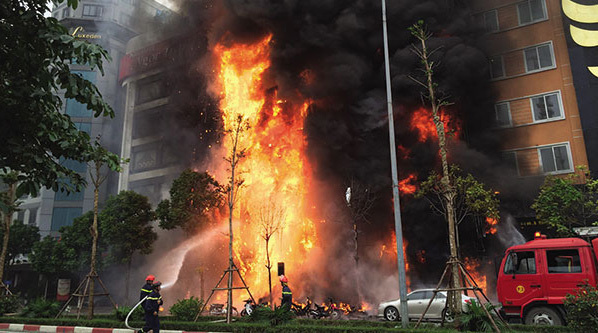
- Strengthening the management of building order ...
- 10:25, 24/12/2024
-
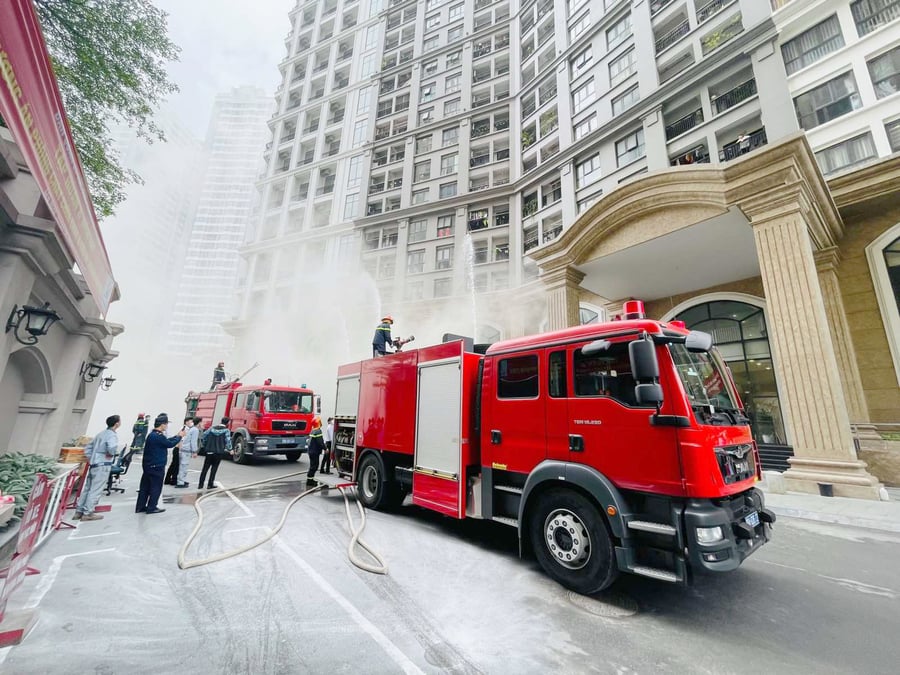
- Hanoi: To promote the responsibility of all levels ...
- 19:30, 23/07/2024
-
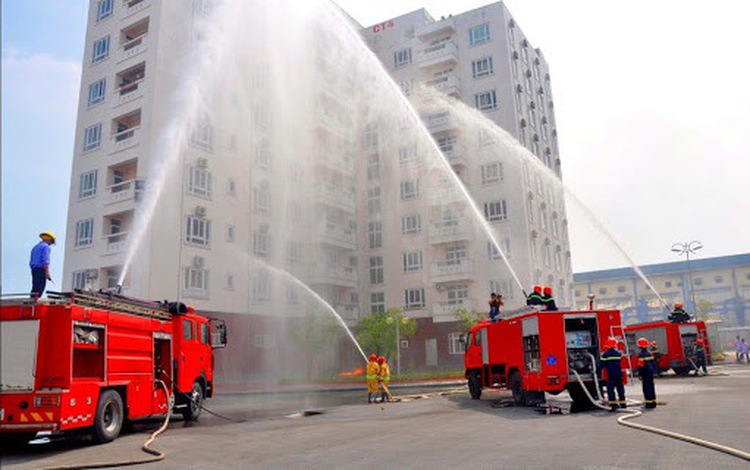
- The Ministry of Construction to amend fire safety ...
- 14:22, 25/10/2023
-
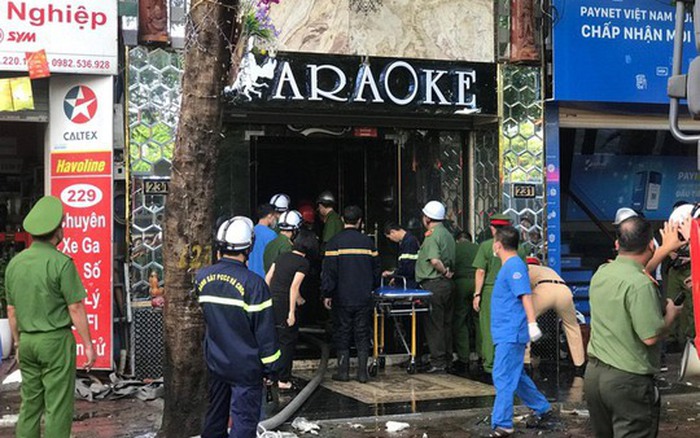
- What are the penalties for committing violations ...
- 16:45, 14/09/2023
-
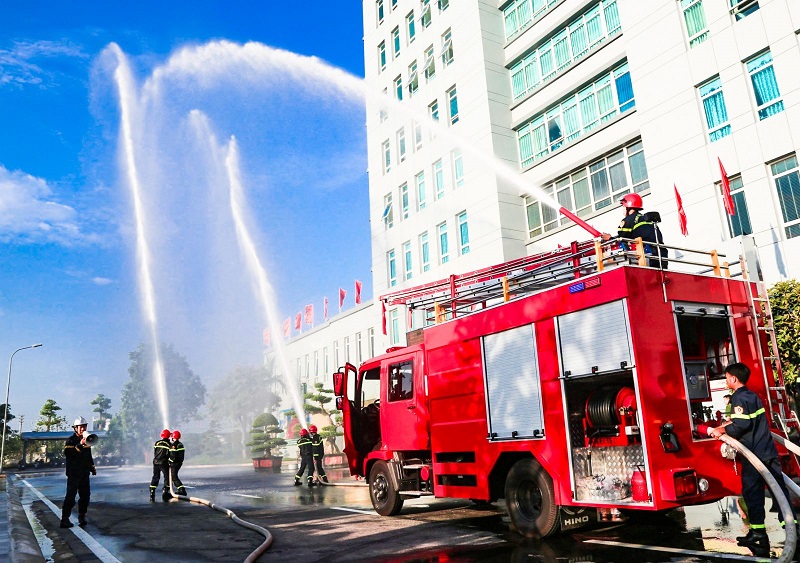
- Standards for officers inspecting fire safety ...
- 17:37, 25/08/2023
JUST UPDATED
-

- Notable new policies of Vietnam effective as of ...
- 16:26, 11/04/2025
-
.Medium.png)
- Notable documents of Vietnam in the previous week ...
- 16:21, 11/04/2025
-
.Medium.png)
- Notable documents of Vietnam in the previous week ...
- 16:11, 02/04/2025
-
.Medium.png)
- Notable new policies of Vietnam to be effective ...
- 16:04, 02/04/2025
-
.Medium.png)
- Notable new policies of Vietnam effective from ...
- 14:51, 21/03/2025
New text summary report
-
Real estate
-
Policy analysis
-
Legal Counselling
-
Case law
-
Forms and Templates
-
New text catalog
-
New Text Notification
-
Highlights of the week
-
Finance
-
New policy in effect
-
Labor - Salary
-
Officials and civil servants
-
Land - Housing
-
Tax-free-fee
-
Custom
-
Enterprise - Investment
-
Administration
-
Insurance
-
Civil
-
Set of Laws
-
News about Case Law
-
Economy
-
Life
-
Health
-
Cultural
-
Commerce
-
Military
-
History
-
Strange story
-
Criminal
-
Traffic
-
Education
-
Other
 Article table of contents
Article table of contents
